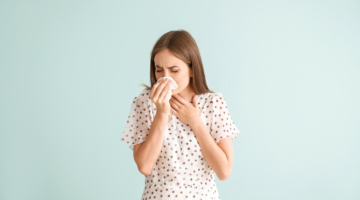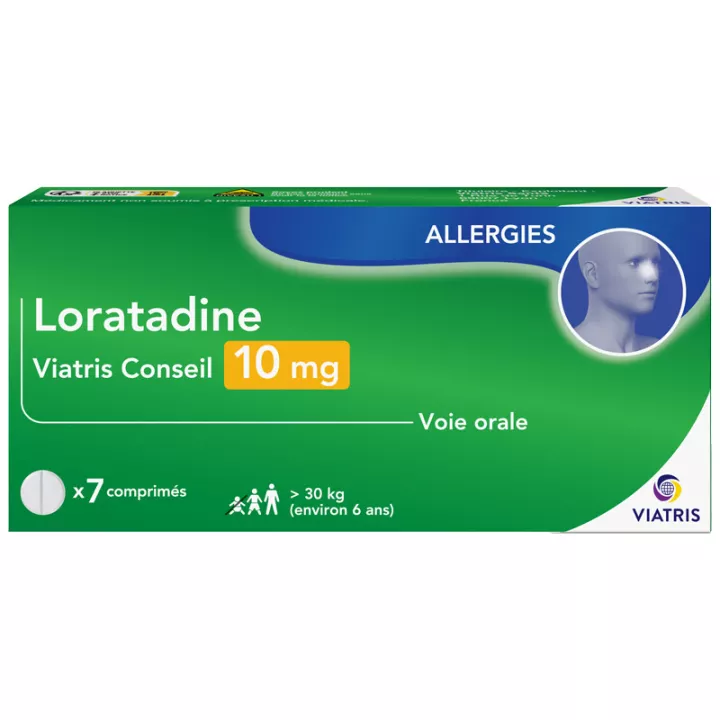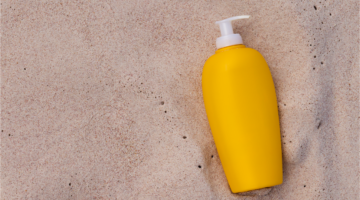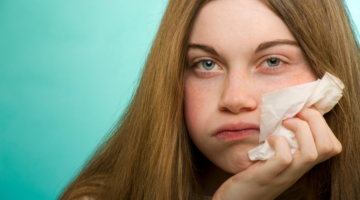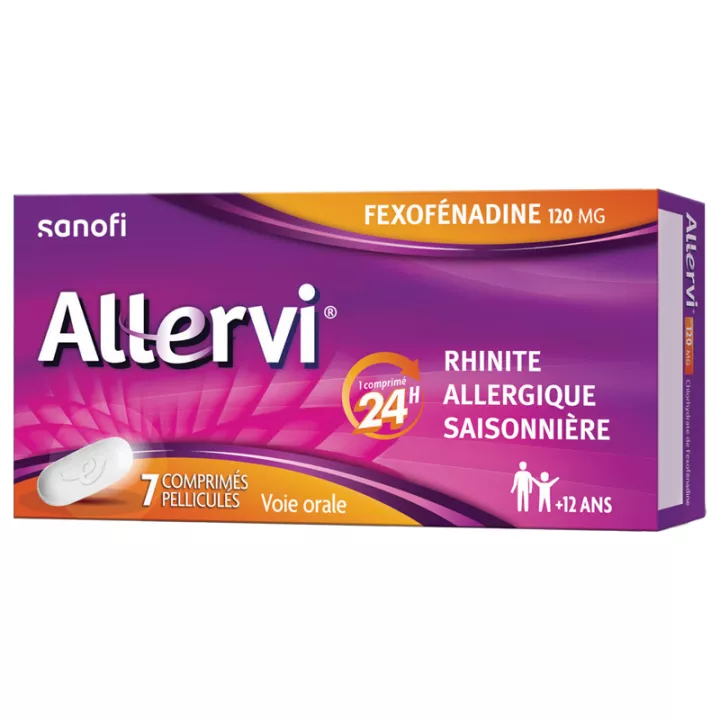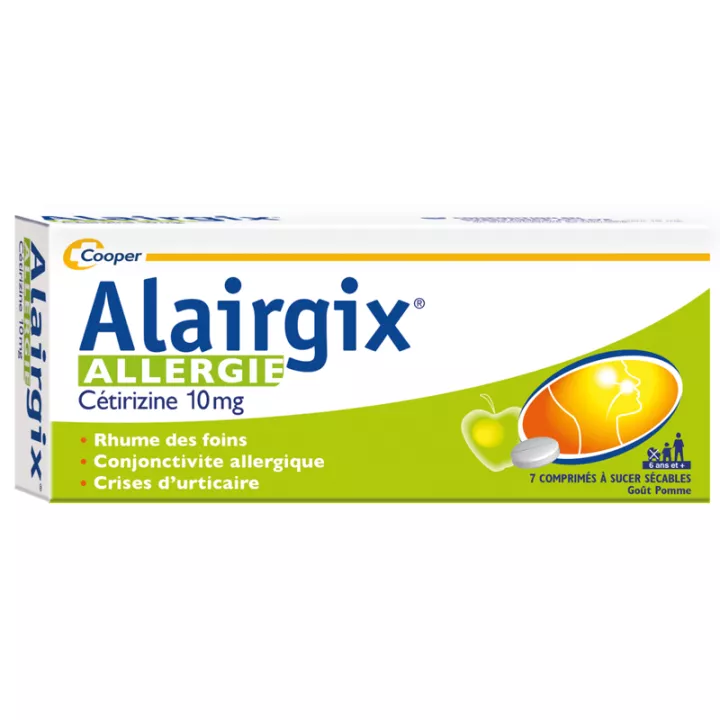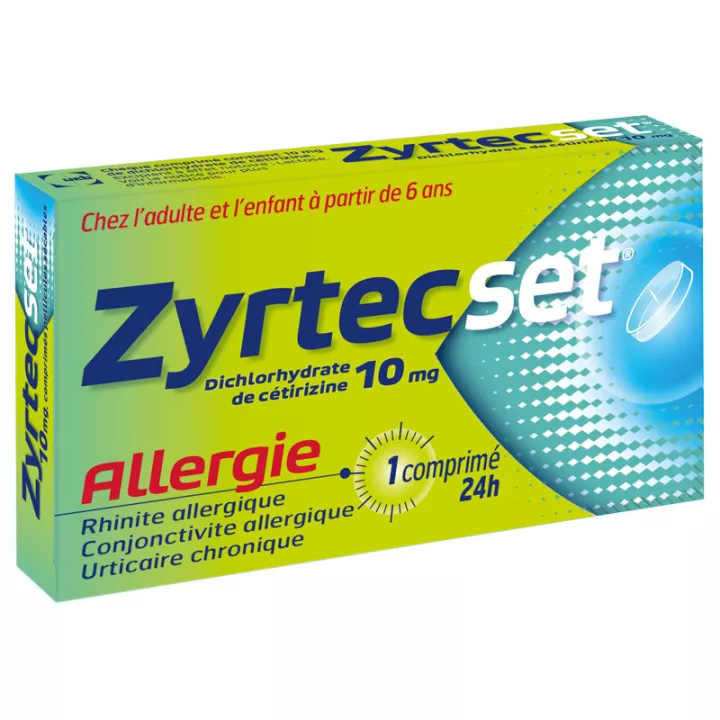NOTICE
ANSM - Updated: 31/10/2017
Name of the drug
PERIACTINE 4 mg tablets
cyproheptadine
framed
Read all of this leaflet carefully before you start taking this medicine because it contains important information for you.
You should always take this medicine exactly as described in this leaflet or by your doctor or pharmacist.
· Keep this leaflet. You might need to read it again.
· Talk to your pharmacist for any advice or information.
· If you get any side effects, talk to your doctor or pharmacist. This also applies to any undesirable effect that is not mentioned in this leaflet. See section 4.
· You should talk to your doctor if you do not feel better or if you feel worse.
What does this booklet contain ?
1. What is PERIACTINE 4 mg tablet and when is it used?
2. What information do you need to know before taking PERIACTINE 4 mg tablet?
3. How to take PERIACTINE 4 mg tablet?
4. What are the possible side effects?
5. How to store PERIACTIN 4 mg tablet?
6. Contents of the package and other information.
1. WHAT PERIACTIN 4 mg tablet is AND WHAT IT IS USED FOR
This medicine is an antihistamine: cyproheptadine.
It is indicated for the symptomatic treatment of allergic manifestations such as:
· rhinitis (example: hay fever, non-seasonal rhinitis ...),
· conjunctivitis,
· urticaria,
In adults and children over 6 years old.
2. BEFORE YOU TAKE PERIACTINE 4 mg tablet?
Do not take PERIACTINE 4 mg tablets:
· if you are allergic to cyproheptadine or any of the other ingredients of this medicine, listed in section 6.
· old or recent agranulocytosis (significant decrease of white blood cells in the blood),
· some forms of glaucoma (increased pressure in the eye),
· Difficulty with urination of prostatic origin or other
· known allergy to antihistamines,
· in children under 6 years because of the risk of false route with the tablet form.
This medication SHOULD NOT BE USED unless directed by your doctor, during pregnancy or when breastfeeding.
IN CASE OF DOUBT, IT IS ESSENTIAL TO ASK THE ADVICE OF YOUR DOCTOR OR PHARMACIST
Warnings and precautions
Talk to your doctor or pharmacist before taking PERIACTINE 4 mg tablets.
Special warnings
This medicine only deals with the manifestations of your allergy. It is necessary to search for its origin.
If symptoms persist or worsen, CONSULT YOUR DOCTOR.
In the event of the appearance of a FEVER, with or without signs of infection (angina ...), pallor or sweating, it is important to immediately alert your doctor.
Due to the presence of lactose, this drug should not be used in case of galactosemia, glucose-galactose malabsorption syndrome or lactase deficiency (rare metabolic disorder).
Precautions for use
In case of renal or hepatic insufficiency, CONSULT YOUR DOCTOR so that he can adjust the dosage.
Taking this medicine requires a MEDICAL ADVICE in the elderly:
· predisposed to constipation, orthostatic hypotension (low blood pressure while standing), dizziness or drowsiness;
· with abnormalities of the prostate;
· in case of gastroduodenal anomaly (ulcer of the stomach, duodenum).
PREVENT YOUR DOCTOR before taking this antihistamine.
IF IN DOUBT, DO NOT HESITATE TO ASK YOUR DOCTOR OR PHARMACIST FOR ADVICE.
children
This medicine should only be used in children under 6 years of age due to the risk of misfeeding with the tablet form.
Other medicines and PERIACTINE 4 mg tablet
Tell your doctor or pharmacist if you are taking, have recently taken or might take any other medicines.
|
This medicine contains an antihistamine, cyproheptadine.
Other medicines contain it. Do not combine them, so as not to exceed the maximum recommended dose ( see Dosage ).
|
Cyproheptadine in this medicine may cause a false positive reaction to tests for tricyclic antidepressants (eg in urine and blood).
PERIACTIN 4 mg, tablet with drinks and alcohol
Alcoholic beverages or drugs containing alcohol during the course of treatment are not recommended due to the risk of increased sedative effect.
Pregnancy and breast feeding
Pregnancy
The use of this drug is not recommended during pregnancy.
If you discover that you are pregnant during treatment, consult your doctor quickly: only he can adapt the treatment to your condition.
feeding
In the absence of data on the passage into breast milk, this medication is not recommended during breastfeeding.
Ask your doctor or pharmacist for advice before taking any medicine.
Driving and using machines
Attention is drawn to the risks of drowsiness associated with the use of this medication, especially at the beginning of treatment, especially for vehicle drivers and machine users.
This phenomenon is accentuated by the intake of alcoholic beverages or drugs containing alcohol.
PERIACTINE 4 mg, tablet contains lactose
If you have been told by your doctor that you have an intolerance to some sugars, contact your doctor before taking this medicine.
3. HOW TO TAKE PERIACTINE 4 mg tablet?
Always take this medicine exactly as described in this leaflet or as directed by your doctor or pharmacist. Check with your doctor or pharmacist if in doubt.
Dosage
RESERVED FOR ADULTS AND CHILDREN OVER 6 YEARS OLD.
Adult: 1 to 5 tablets maximum per day.
In general, 3 tablets to distribute during the day.
The highest intake will be reserved for the evening because of the possibility of drowsiness attached to this drug.
Method and route of administration
Oral way.
The pills must be swallowed with a glass of water.
Frequency of administration
It is best to start treatment at night.
The catch will be spaced approximately 8 hours apart.
Duration of treatment
Treatment should be short (a few days).
Use in children
Child over 6 years: 2 to 3 tablets a day to be divided into 2 to 3 shots per day.
If you take more PERIACTINE 4 mg tablet than you should
Consult a doctor or the nearest emergency service.
If you forget to take PERIACTINE 4 mg tablet
Not applicable.
If you stop taking PERIACTINE 4 mg tablet
Not applicable.
4. WHAT ARE THE POSSIBLE SIDE EFFECTS?
Like all medicines, this medicine can cause side effects, although not everybody gets them.
Some side effects require IMMEDIATELY STOPPING THE TREATMENT AND TELLING A DOCTOR:
· allergic reactions: rash (erythema, purpura, urticaria), angioedema (urticaria with sudden swelling of the face and neck which may cause respiratory discomfort), anaphylactic shock.
· decrease in white blood cells in the blood that may be accompanied by fever and / or signs of infection,
· abnormal platelet loss in the blood that may result in nosebleeds or gums,
· decrease in red blood cells.
Other side effects may occur, such as:
· increased appetite / weight gain.
· drowsiness, decreased alertness, more marked at the beginning of treatment.
· impaired memory or concentration, balance, dizziness (more common in the elderly).
· orthostatic hypotension (lowering of blood pressure when standing),
· motor incoordination, tremors,
· confusion, hallucinations.
· excitement, nervousness, insomnia, aggressive behavior.
· dryness of the mouth, visual disturbances, retention of urine, constipation,
· heart palpitations, mydriasis
· drying up of the milk secretion.
· Hepatobiliary abnormalities.
Reporting of side effects
If you get any side effects, talk to your doctor or pharmacist. This also applies to any undesirable effect that is not mentioned in this leaflet. You can also report side effects directly via the national reporting system: National Agency for the Safety of Medicines and Health Products (ANSM) and the network of Regional Pharmacovigilance Centers
By reporting side effects, you can help provide more information about the safety of the medicine.
5. HOW TO STORE PERIACTINE 4 mg tablet?
Keep this medicine out of the sight and reach of children.
Do not use this medicine after the expiry date which is stated on the carton . The expiry date refers to the last day of this month.
Store at a temperature not exceeding 25 ° C.
Do not dispose of any medication in the sewage system or in the household garbage. Ask your pharmacist to eliminate medications that you no longer use. These measures will help protect the environment.
6. CONTENTS OF PACKAGING AND OTHER INFORMATION
What PERIACTINE 4 mg tablets contain
The active substance is:
Cyproheptadine ................................................. .................................................. ............... 4.00 mg
(As hydrochloride) ............................................ .................................................. 4.34 mg
For a tablet.
The other components are:
calcium hydrogen phosphate dihydrate, lactose monohydrate, pregelatinized maize starch, potato starch, magnesium stearate.
What PERIACTIN 4 mg tablets contain and contents of the pack
This medicine comes in tablet form.
Box of 30.
Marketing Authorization Holder
TEOFARMA SRL
VIA F.LLI CERVI, 8
27010 VALLE SALIMBENE (PV)
ITALY
Operator of the marketing authorization
TEOFARMA SRL
VIA F.LLI CERVI, 8
27010 VALLE SALIMBENE (PV)
ITALY
Maker
TEOFARMA SRL
VIALE CERTOSA, 8 / A
27100 PAVIA
ITALY
Names of the drug in the member states of the European Economic Area
Not applicable.
The last date this leaflet was revised is:
December 2007
Other
Detailed information on this medicine is available on the ANSM website (France).
